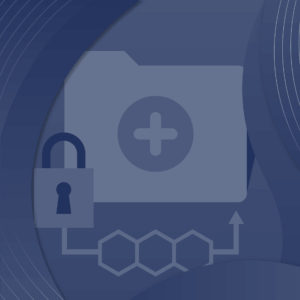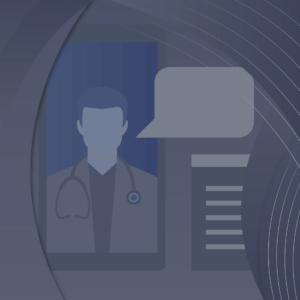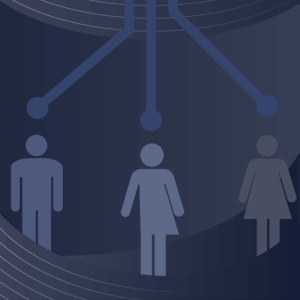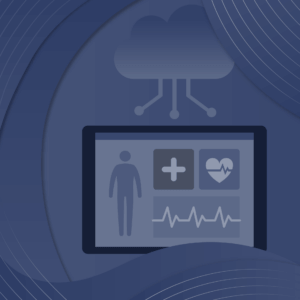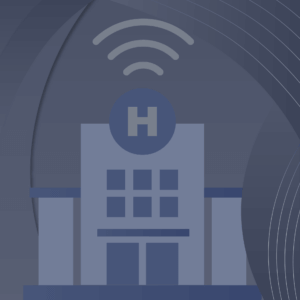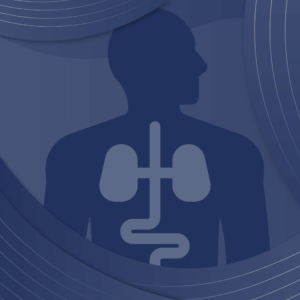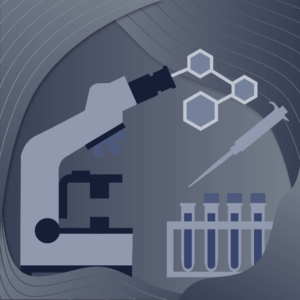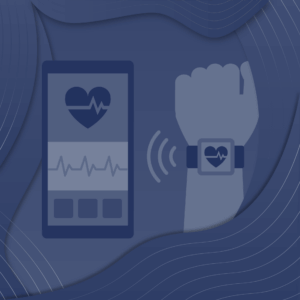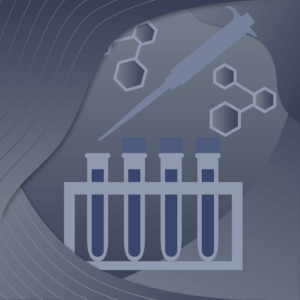Browse by Topic
The 2010 health care reform law that established federal subsidies for millions of Americans purchasing individual market health insurance through federally and state run health insurance exchanges, and allowed states to expand their Medicaid programs to cover all adults with income below 138% of the federal poverty level, among other provisions.
Delivery system reform includes a variety of activities aimed at changing the structure and incentives in the health care system to encourage quality and efficiency, reward care coordination among various health care providers and entities through the sharing of information, often using health information technology, and improve patient and consumer engagement.
Health care costs can be defined in three ways: 1) the expense incurred by providers in the delivery of health care services 2) the amount that is paid for services rendered by private and public payers; and 3) out-of-pocket patient spending for health care services.
The health care workforce is a core group of professionals employed by government public health agencies as well as physicians, dentists, and nurses, and many other health, environmental, and public safety professionals.
An equitable health care system is one in which everyone has a fair and just opportunity to attain their highest level of health. While academic research on matters of health equity spans decades, the challenge of addressing inequity in the health care system has been increasingly front and center for policymakers in recent years.
The hardware, software, and systems that comprise the input, transmission, use, extraction, and analysis of information in the healthcare sector.
A system in which people with disabilities and chronic conditions have choice, control and access to a full array of quality services that assure optimal outcomes, such as independence, health and quality of life.
Medicaid provides health coverage to millions of Americans, including eligible low-income adults, children, pregnant women, elderly adults and people with disabilities.The Children’s Health Insurance Program (CHIP) provides health coverage to eligible children, through both Medicaid and separate CHIP programs. CHIP is administered by states, according to federal requirements. Both programs are funded jointly by states and the federal government.
A health insurance program for aged persons designed to complement the retirement, survivors, and disability insurance benefits under Title II of the Social Security Act. It covers most persons aged 65 and over.
Mental health is a dynamic state of internal equilibrium which enables individuals to use their abilities in harmony with universal values of society. Basic cognitive and social skills; ability to recognize, express and modulate one’s own emotions, as well as empathize with others; flexibility and ability to cope with adverse life events and function in social roles; and harmonious relationship between body and mind represent important components of mental health which contribute, to varying degrees, to the state of internal equilibrium.
Medicines for the prevention, diagnoses, treatment, or curing of disease are an integral part of modern health care, while questions of access, affordability, value, and continued innovation are increasingly central to the health policy conversation.
Private health insurance refers to health insurance plans marketed by the private health insurance industry, including employer-sponsored insurance, as opposed to government-managed insurance programs.
Public health promotes and protects the health of people and the communities where they live, learn, work and play. Prevention is defined as actions aimed at eradicating, eliminating or minimizing the impact of disease and disability.
The conditions in which people are born, grow, work, live, and age, and the wider set of forces and systems shaping the conditions of daily life, all of which impact health and wellbeing.
Substance use disorder is defined as using or abusing substances, especially drugs and alcohol, to the point where it harms health or prevents normal functioning.
